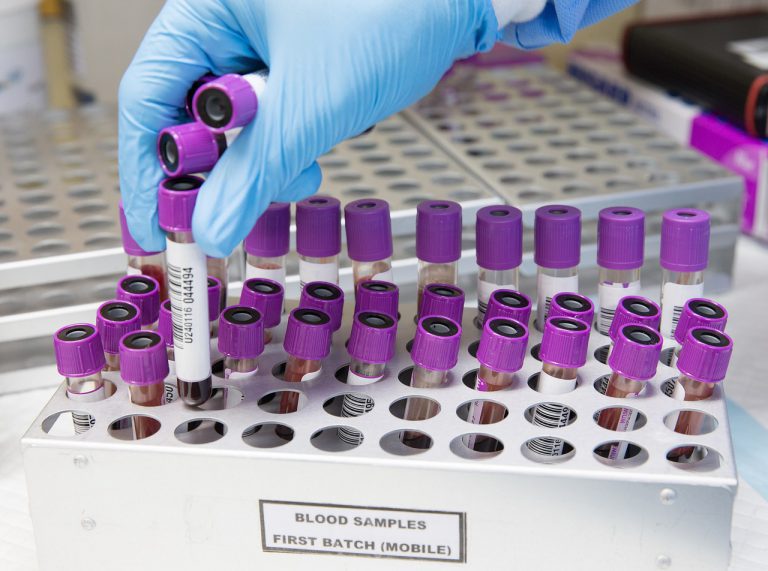ABC transporters in pregnancy and premature birth
Tania Maria Ruffoni Ortiga
Project name
About
The study evaluated how different types of infections alter the ABC transporters (ATP-Binding Cassette), responsible for transporting various substances into and out of cells, and if this may be one of the triggers or risk factor for premature childbirth. Among the 30 transporters that undergo some type of mutation during premature birth, the team focused on two: PGP (P-glycoprotein) and BCRP (Breast cancer resistance protein) to assess common elements between them and identify biomarkers that could indicate prematurity.
How was the experiment
The researchers studied the action of the two transporters in animal models, in this case female mice placentas infected with malaria, bacteria and the Zika virus. It was also possible to verify these results on a human placenta infected with Zika.
Main results
In all cases, researchers observed a decrease in the circulation of both transporters. Further studies are needed to understand whether this phenomenon is meant to inhibit or promote premature birth.
Why is it innovative
This is the first time that research has focused on ABC transporters in the search for biomarkers to identify premature birth risk.
Problem that solves
The absence of reliable biomarkers to identify the risk of prematurity.
Implications for the brazilian health system
As this is basic research, further studies are needed to accurately assess the role of ABC transporters in preterm delivery and their ability to predict prematurity.
Implications for global health
As this is basic research, further studies are needed to accurately assess the role of ABC transporters in preterm delivery and their ability to predict prematurity.
Next steps
The team plans to continue the research, now with transgenic animals, to artificially. So, the team can artificially increase and decrease these transporters in the placenta and evaluate these two effects on the triggering of premature birth. It could also be possible to achieve the same effects with some drugs, according to the researchers.
Published studies
- Effect of sublethal prenatal endotoxaemia on murine placental transport systems and lipid homeostasis - 05/2021
- ZIKV disrupts placental ultrastructure and drug transporter expression in mice - 04/2021
- Breast cancer resistance protein (Bcrp/Abcg2) is selectively modulated by lipopolysaccharide (LPS) in the mouse yolk sac - 12/2020
- Malaria in pregnancy regulates P-glycoprotein (P-gp/Abcb1a) and ABCA1 efflux transporters in the Mouse Visceral Yolk Sac - 09/2020
- Breast Cancer Resistance Protein (BCRP/ ABCG2) Inhibits Extra Villous Trophoblast Migration: The Impact of Bacterial and Viral Infection - 09/2019
- Dysregulation of placental ABC transporters in a murine model of malaria-induced preterm labor - 08/2019
- Gestational age‐dependent gene expression profiling of ATP‐binding cassette transporters in the healthy human placenta - 11/2018
- Zika virus impairs the development of blood vessels in a mouse model of congenital infection - 08/2018
- Chorioamnionitis Induces a Specific Signature of Placental ABC Transporters Associated with an Increase of miR-331-5p in the Human Preterm Placenta - 02/2018
- Zika Virus: What Have We Learnt Since the Start of the Recent Epidemic? - 08/2017
- Acute Effects of Viral Exposure on P-Glycoprotein Function in the Mouse Fetal Blood-Brain Barrier - 05/2017
- ATP-binding Cassette Transporters in Reproduction: a New Frontier - 03/2016


